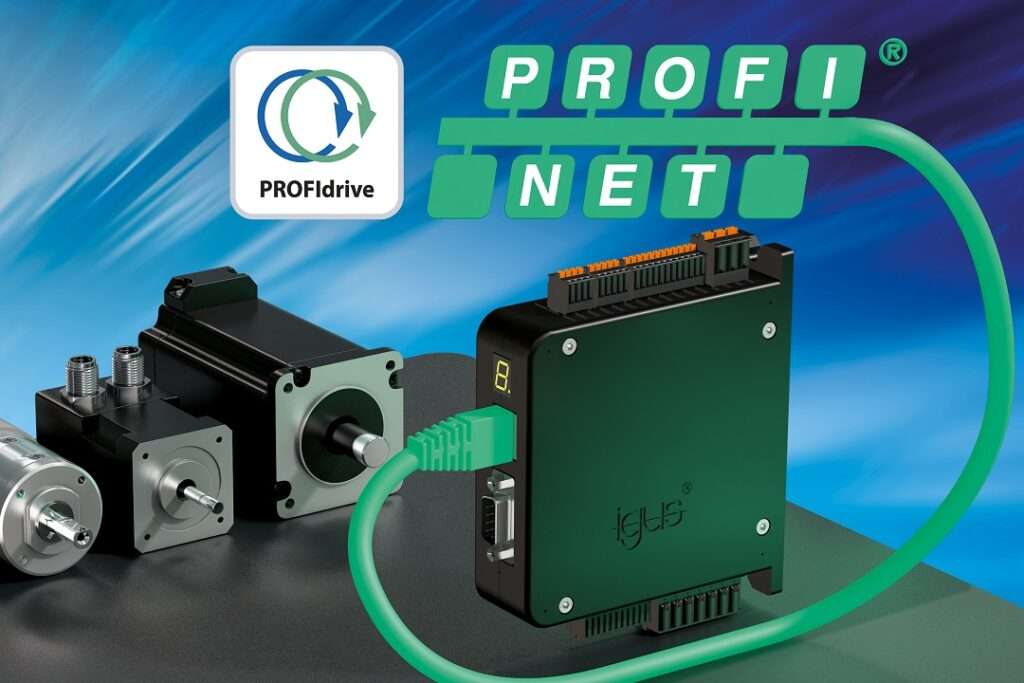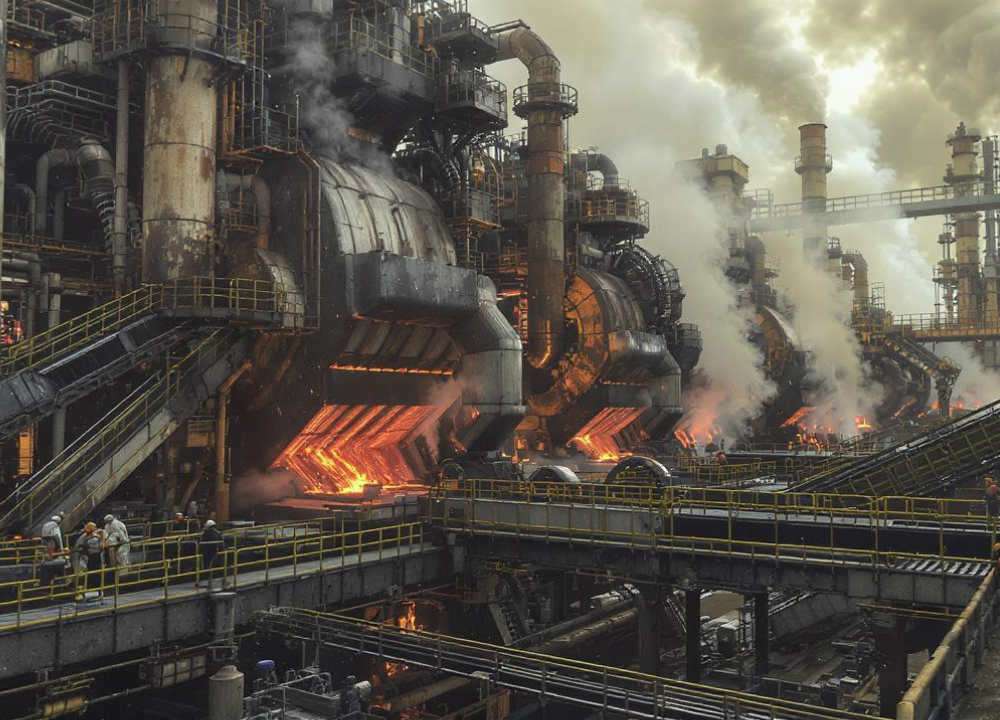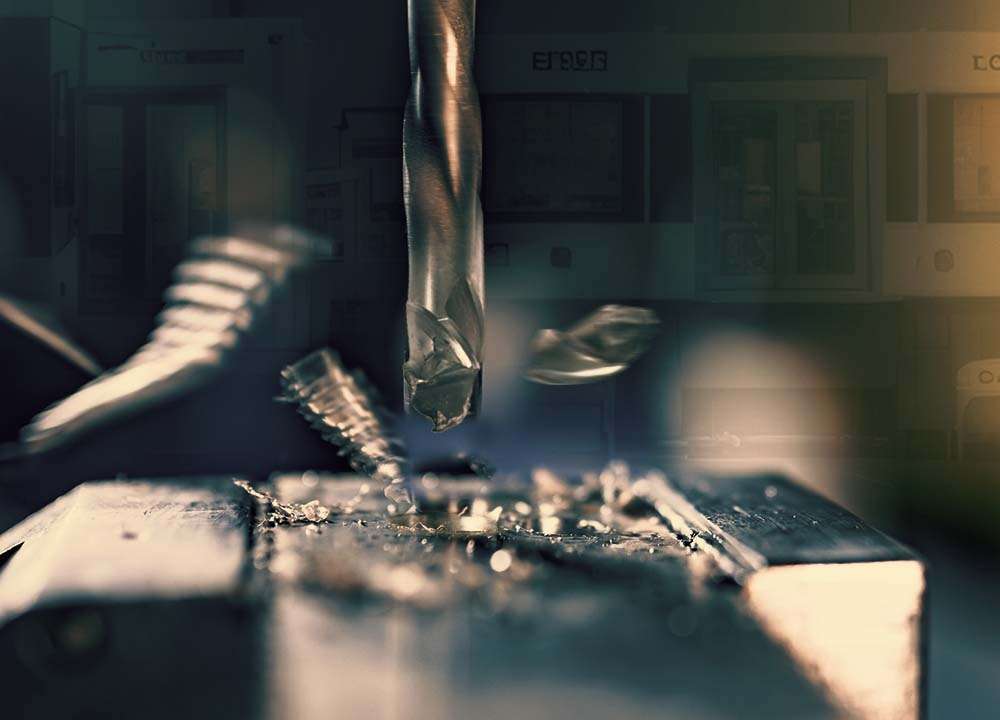Bosch, a leading auto components manufacturer, has not yet met the minimum domestic value addition (DVA) requirement of 50 percent necessary to qualify for incentives under India’s Production Linked Incentive (PLI) scheme for the automotive sector. This non-compliance means the company will not be eligible for the scheme’s financial benefits, with disbursements expected to begin in October.
“Companies that have successfully achieved 50 percent DVA will receive incentives based on their claims under the PLI scheme,” a senior official from the Ministry of Heavy Industries (MHI) explained to businessline. “However, certain companies, including Bosch, have not yet reached this threshold, making them ineligible for the scheme’s benefits. The deadline for filing incentive claims was September 30, with the disbursement process starting in October.”
Bosch, so far, has only achieved a DVA of 40-45 percent, falling short of the minimum requirement. The official also pointed out that the company has continued to rely heavily on imports for various components and spare parts, which is a significant reason why they haven’t met the DVA threshold. A request for comment from Bosch on the matter went unanswered.
The ministry official also expressed concern about the sourcing practices of some companies, indicating that while some companies purchase parts from Indian vendors, those vendors themselves may be importing components from abroad. “Our requirement is that the 50 percent domestic value addition must come from within the country,” the official clarified.
“In cases where companies purchase parts from Indian vendors who source their components from overseas, they often attempt to claim that the transaction should be considered domestic. However, we do not accept such arrangements under the PLI scheme.”
On a positive note, seven companies have recently been approved for achieving the required 50 percent DVA. These companies include Mahindra & Mahindra, Tata Motors, Bajaj Auto, Ola Electric Technologies, Minda, and TVS Motor Company, all of which will soon receive their incentives under the scheme.
In September 2021, the Cabinet approved the PLI-Auto Scheme with a budget allocation of ₹25,938 crore, intended to be disbursed over a five-year period, covering FY2022-23 to FY2026-27. However, in January 2024, the government extended this timeline by one year, pushing the scheme to FY2027-28. Furthermore, the total incentives a company or its group affiliates can claim has been capped at ₹6,485 crore.
Under the scheme, achieving a minimum DVA of 50 percent is a key eligibility criterion. The Ministry of Heavy Industries, through its designated testing agency, is responsible for certifying that the DVA requirement has been met for all eligible products.
A total of 115 companies applied for the scheme, with 95 being approved under two categories: the Champion OEM (original equipment manufacturer) Incentive Scheme and the Component Champion Incentive Scheme. The list of approved companies includes prominent names like Ashok Leyland, Tata Motors, Hyundai Motor India, Suzuki Motor Gujarat, Hero MotoCorp, Bosch Automotive Electronics, and Motherson Sumi Systems, among others.
The disbursement process for the PLI scheme will include pre-approval of Advanced Automotive Technology (AAT) vehicles and components by the Ministry of Heavy Industries, following which companies can submit their incentive claims via the scheme’s online portal.
Bosch is a global leader in engineering and technology, specializing in automotive components, industrial technology, consumer goods, and energy solutions. Known for innovation and sustainability, Bosch operates across diverse industries, delivering high-quality products such as power tools, home appliances, and advanced automotive systems. With a strong focus on research, Bosch continuously drives advancements in smart technology and mobility solutions.








